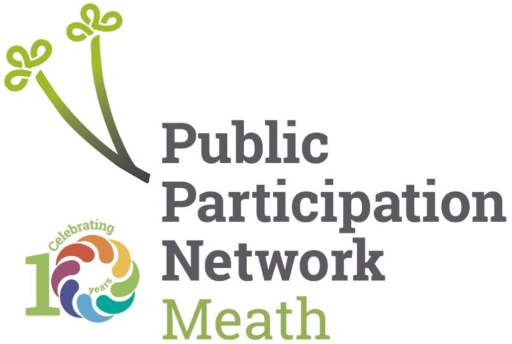Energy Poverty Strategy Review

Energy poverty is a complex issue linked to a household’s income, the energy performance of their home, and the cost of the energy used to heat, power and ventilate their home.
The Strategy to Combat Energy Poverty, published in 2016, set out a number of actions aimed at alleviating the burden of energy poverty on the most vulnerable in society. It reflected the growing connection between alleviating energy poverty and achieving national climate action objectives. In this regard, one of the Strategy’s main objectives was to address energy poverty through improving the energy efficiency of the homes of those most at risk.
The Department of the Environment, Climate and Communications has carried out a Progress Review, setting out the actions taken, and achievements made since 2016 under each of the key focus areas outlined in the Strategy. It shows that Government policies implemented since the Strategy was published are delivering on the Strategy’s objectives, and, in many cases, have gone beyond what the Strategy set out to achieve.
Despite the progress made against the actions in the strategy, recent estimates by the ESRI, using one method of measuring energy poverty, have indicated that up to 29.4% of households could be at risk of energy poverty, due to increases in the cost of living and energy prices in particular. Using this approach, a household is deemed fuel-poor if they spend more than 10% of their disposable income on energy services (electricity, heating oil, gas or solid fuels).
The National Energy Security Framework sets out how Government can manage the impact of energy security emergencies on consumers, especially those who are more vulnerable. Response 6 of the National Energy Security Framework will see a package of measures to enhance protections for financially vulnerable customers and customers in debt implemented by Quarter 3 – ahead of the next heating season.
However, it is important that energy poverty is addressed in the medium to long term as well as through more immediate short term supports. Recognising these new challenges and the need for continued action, a new, revised Energy Poverty Action Plan is now being developed. The Plan will continue to deliver on the Strategy’s objectives through medium- and longer-term measures to alleviate energy poverty, as well as outlining the shorter more immediate measures needed to ensure winter-readiness for those at risk of energy poverty.
To assist and inform the development of the Action Plan, we are now inviting stakeholders to respond to a number of public consultation questions in the final section of the Review (page 40). The consultation questions can also be found in the second document below.
- Strategy to Combat Energy Poverty – Progress Review and Public Consultation : Download
- Energy Poverty Action Plan – Consultation Paper: Download
The closing date for submissions is 5.30pm on Monday 5 September 2022
Submissions should be sent by email to Energy.Efficiency@decc.gov.ie or by post to:
Energy Poverty Consultation, Residential Energy Efficiency Division, Department of the Environment, Climate and Communications, 29-31 Adelaide Road, Dublin D02 X285

